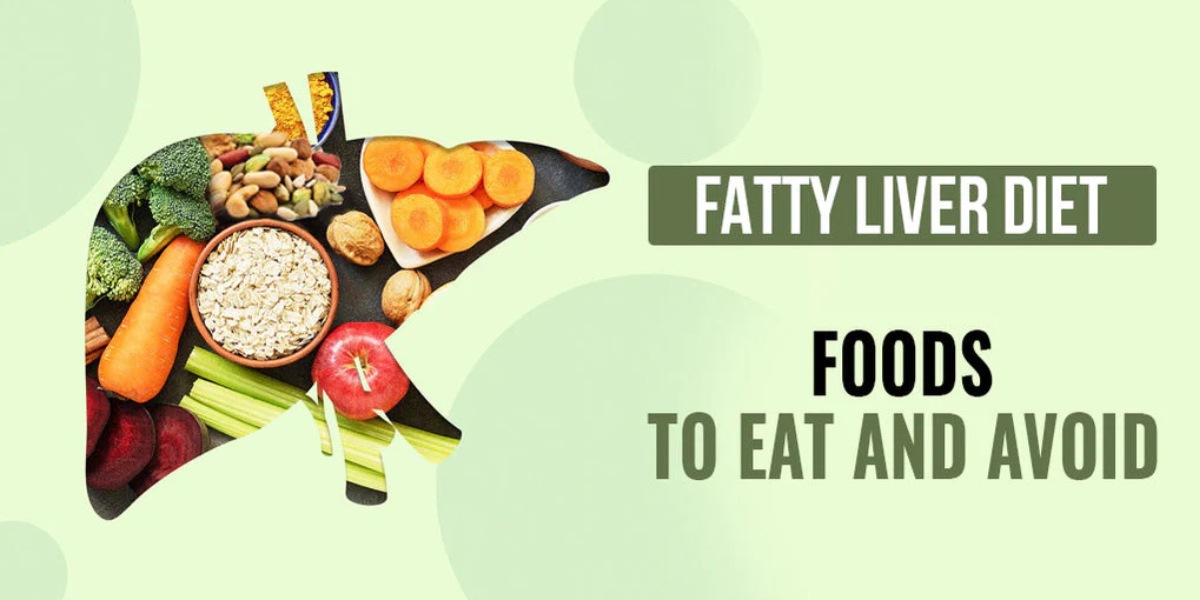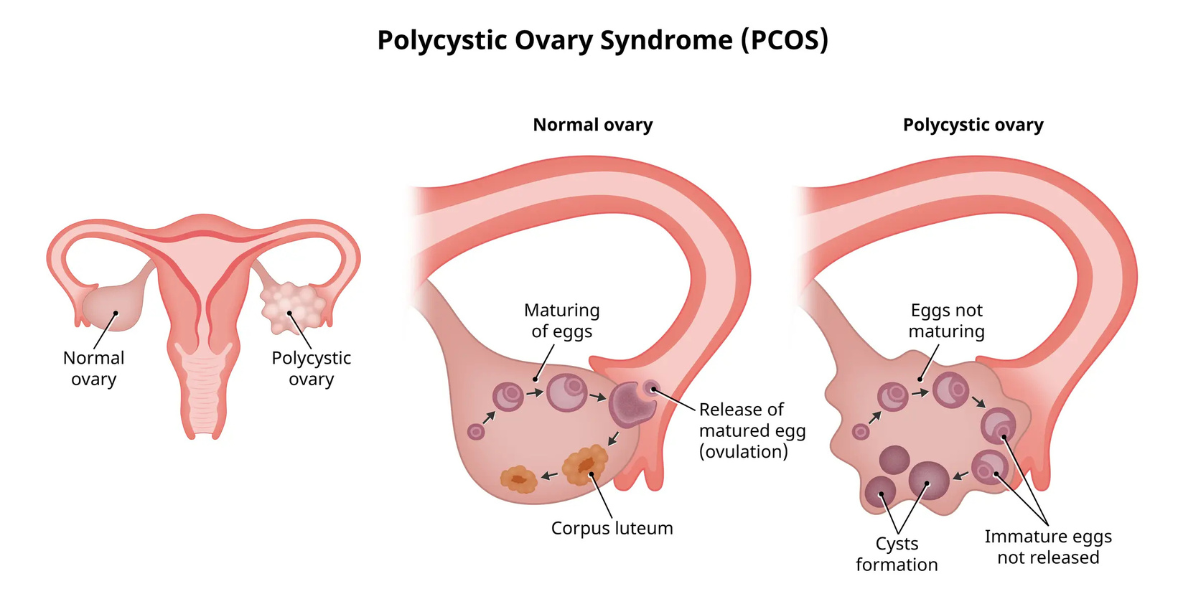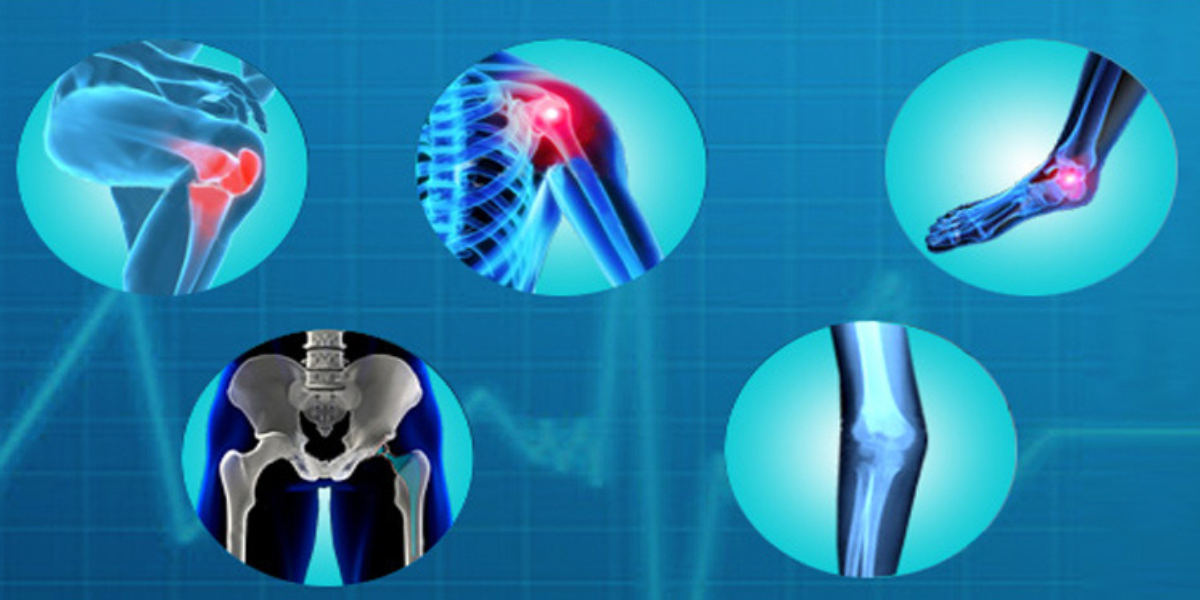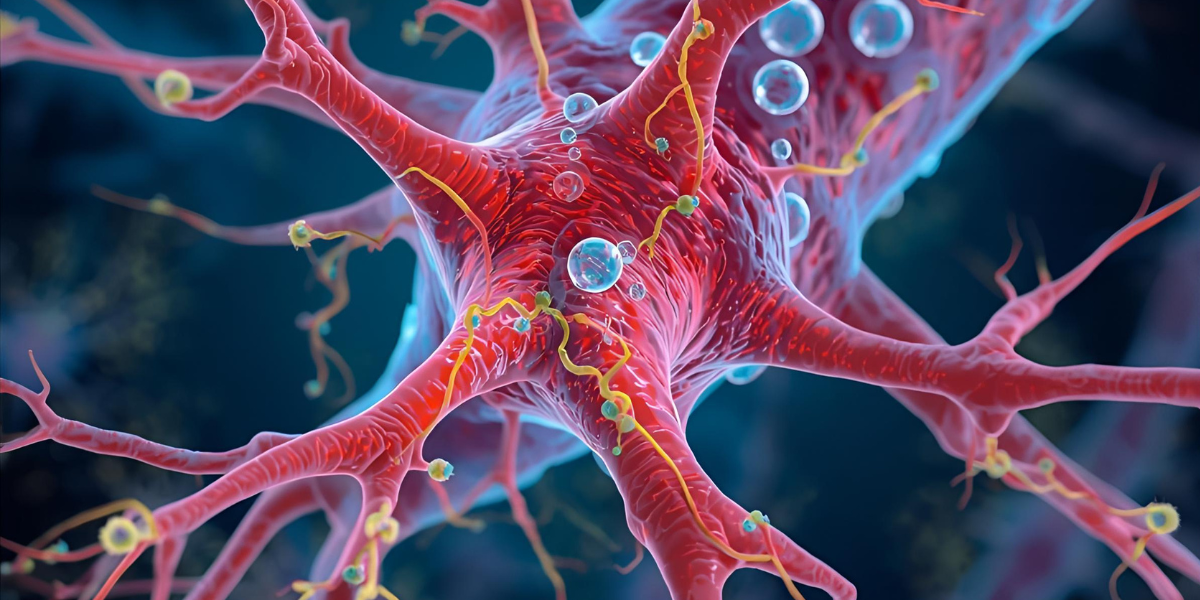
Liver Health in Pregnancy
Pregnancy is a time of immense physiological change, and one of the organs that works overtime during this period is the liver. Responsible for filtering toxins, metabolizing hormones, and processing nutrients, the liver plays a vital role in maintaining both maternal and fetal well-being. While most pregnancies progress without liver complications, it’s important to understand how pregnancy can affect liver function and why monitoring liver health is crucial.
How Pregnancy Affects the Liver
During pregnancy, the body undergoes hormonal shifts and increased metabolic demands that can impact liver function. In many cases, mild changes in liver enzymes are considered normal, especially in the later stages of pregnancy. However, in some women, pregnancy can trigger liver-related conditions that require medical attention. The liver must adapt to increased blood volume, altered hormone levels, and changes in bile production, all of which can influence how it performs its usual tasks.
Common Liver Conditions in Pregnancy
Another serious but rare condition is HELLP syndrome, which stands for Hemolysis, Elevated Liver enzymes, and Low Platelet count. It typically occurs in the third trimester and can be life-threatening if not diagnosed early. Acute fatty liver of pregnancy (AFLP) is another critical condition, involving fat accumulation in liver cells and requiring immediate medical care. These disorders are not common, but awareness and timely diagnosis are essential.
Symptoms That Shouldn’t Be Ignored
While fatigue and mild discomfort are common in pregnancy, certain symptoms could signal a liver problem. Severe itching (particularly on the hands and feet), persistent nausea or vomiting, upper right abdominal pain, yellowing of the skin or eyes (jaundice), and dark-colored urine may all indicate liver stress or dysfunction. If these signs appear, it’s crucial to consult a physician without delay. Early detection often leads to better outcomes for both mother and baby.
Supporting Liver Health During Pregnancy
Maintaining a healthy liver during pregnancy starts with regular prenatal care. Routine blood tests often include liver function markers, which help in early detection of abnormalities. Eating a balanced diet rich in fruits, vegetables, whole grains, and lean proteins supports liver health and overall pregnancy wellness. It’s also important to stay hydrated, get regular but moderate exercise and avoid alcohol and unnecessary medications that can burden the liver.
Conclusion
The liver plays a vital role during pregnancy, managing countless processes to support both the mother and developing baby. While most pregnancies are uneventful in terms of liver health, being informed about potential issues can empower expecting mothers to seek timely help and stay proactive about their well-being.






